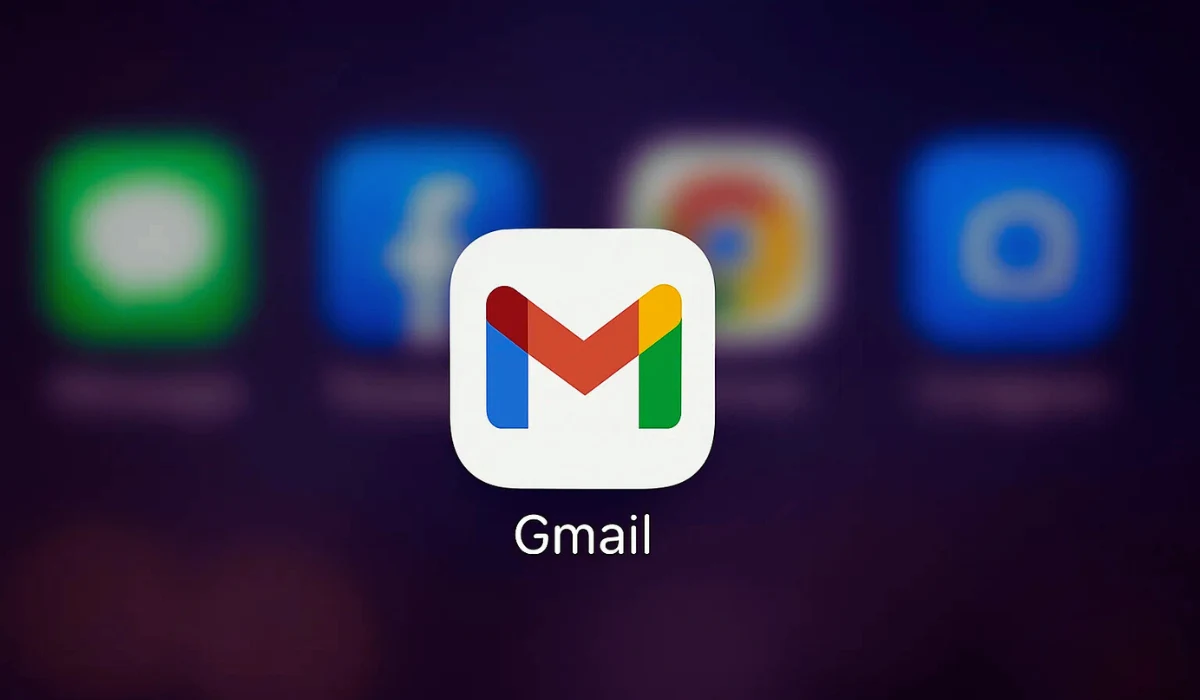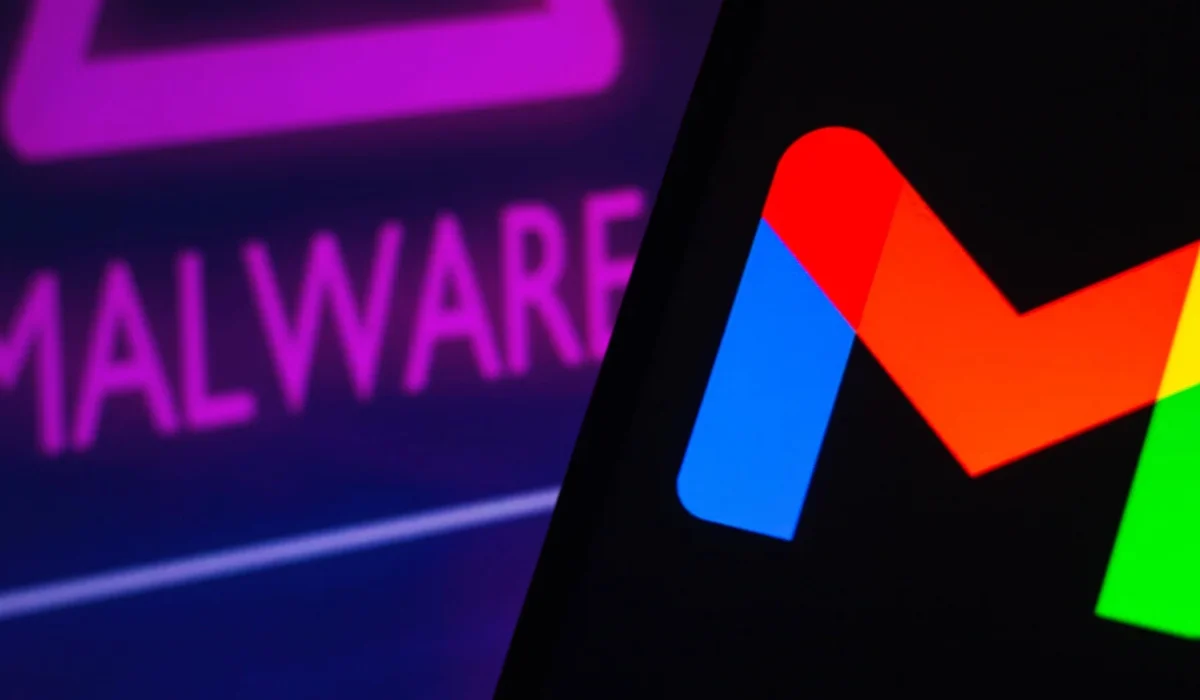Recent data shows that the online crime rate has increased significantly in 2025, with an average of 2000 cyber attacks occurring daily. According to the FBI, online scams witnessed a 33% rise last year, touching a record number of $16.6 billion.
Despite the robust security measures, various famous companies have also fallen for hacks. Last month, Google admitted that hackers had targeted 61% of its U.S. consumers through Gmail attacks, making your email security an important thing to consider.
This article delves into the insights from Google’s latest reveal about data breaches and security concerns and examines the possible solutions. Let’s get started.
Nearly One-Third of Americans Involved in Security Breach
Google’s latest survey, in partnership with Morning Consult, reveals that nearly a third of the US consumers have been involved in a security/data breach. The majority of these passwords were very easy to guess, revealing a subconscious trust in the platform.
However, roughly half of them received alerts about the breach instantly. Email Services were the primary source of scam attempts, and most of them fell victim due to not upgrading their security with Google.
| Source | Percentage |
| Via Email | 61% |
| Via Text Messages | 56% |
| Via Phone Call | 37% |
| Via Social Media | 27% |
| Via pop-ups | 18% |
| Additional Sources | 1% |
Google Observes Security Measures Differ by Generation
According to the survey, there are clear differences between the security practices of various generations. Most users, including Generation X, Baby Boomers, and many Millennials, continue to use passwords as their primary sign-in option. More convenient methods, such as “Sign in with Google,” are used by only 30% of them.
60% of Gen Z users spend at least five hours per day online, during which they go through various sign-ins. Luckily, most of these sign-ins are social sign-ins, making the navigation secure. Gen Z tends to use the most secure tools rather than mere passwords.
| Type | Gen Z | Millennials | Gen X | Baby Boomers |
| Using unique & strong passwords | 50% | 51% | 63% | 72% |
| Enabling 2FA | 46% | 47% | 48% | 47% |
| Social Sign-Ins | 45% | 44% | 38% | 30% |
| Regular Password update | 23% | 34% | 36% | 47% |
| Usage of Passkeys | 40% | 38% | 35% | 26% |
| No security practice at all | 4% | 7% | 5% | 4% |
| Not sure what I use | 5% | 3% | 5% | 3% |
| Another practice | 1% | 1% | 1% | 3% |
Why Google Warns All Gmail Users To Upgrade Their Accounts?

Google urges its 2 million users to upgrade to a post-password scenario where signing in becomes as easy and secure as possible. Google allows users to create passkeys, easier alternatives to passwords, which let you sign in with your fingerprint, face scan, or screen lock.
If a user still wants to use a password, they can add extra layers of security through 2-Step Verification (2FA), the Google Authenticator App, or Google Password Manager. However, an upgrade from passwords is preferred, and most of the tech world is moving towards such a workspace to decrease the percentage of attacks.
How to Secure Yourself from Hackers?
According to Google, old methods like passwords are painful to maintain and vulnerable to easy hacks. So, the best way is to shift to safer non-password sign-ins. As said in the above section, Google’s upgraded security system, which uses AI-powered spam detection to remove 99.9% of spam in real time, will be the best way to stay secure.
In the case of security measures, the utility score reveals that real-time threat detection is the most important security feature one needs in the device. With the changing behaviour of modern crimes, it is important to stay safe at all times. Here is a full table of utility score:
| Security Product | Utility Score |
| Real-time threat protection | 287 |
| Data loss prevention | 111 |
| VPN integration | 95 |
| Multi-device protection | 92 |
| Data encryption | 91 |
| 24/7 customer support | 89 |
| Data activity monitoring | 76 |
| User-friendly interface | 59 |
| Parental access controls | 52 |
| Automatic updates | 48 |
Recommended Reading: The Easiest Ways to Connect AirPods with PS5
Final Thoughts
According to Evan Kotsovinos, Vice President of Google’s Privacy, Safety & Security, users should move beyond passwords altogether and keep the signing-in process as simple and secure as possible. Google’s latest progress in this confirms that it is practically possible, and Gen Z users are the earliest followers of this!




